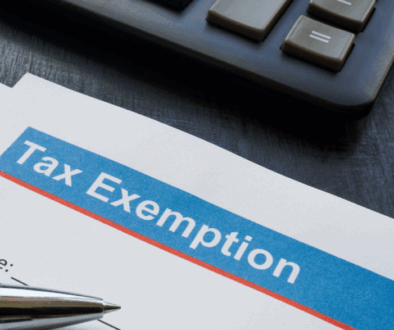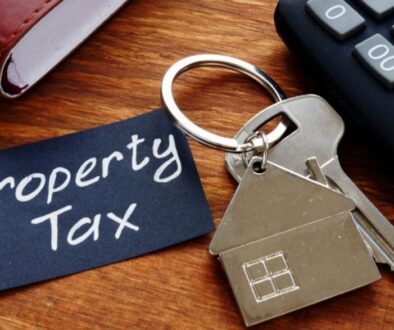Personal Loan Tax Deductions: 4 Frequently Asked Questions
Personal Loan Tax Deductions
Personal loans are debt and not income, and therefore aren’t usually taxed, so they also often don’t qualify for a deduction. There are exceptions to this general rule though, for some situations depending on what you’re using your personal loan for, and certain taxable events that may occur with your personal loan.
What are personal loans?
Personal loans are one-time installments of cash to a borrower, instead of a line of credit such as a credit card. Personal loans are paid back via monthly installments plus interest charges and there may be fees associated with the loan application. There’s no collateral (such as a home equity loan) tied to a personal loan, and rates may be lower than using a credit card.
What are personal loans used for?
Personal loans can be used for a variety of purposes. If you’re experiencing an emergency, a personal loan is a better alternative to a payday loan. Personal loans may be used to consolidate and pay down debt so that you only have one payment with a potentially lower interest rate versus several, higher interest payments.
You may use a personal loan to cover home remodeling costs such as remodeling a kitchen or bathroom. If you have an unexpected large expense, such as moving across the country or an expensive repair to a vehicle, you may wish to use a personal loan to cover these expenses. Personal loans may also be used to purchase vehicles. People may use personal loans to cover events, such as vacations or weddings.
When are personal loans tax deductible?
Most of the time, personal loans are not tax deductible. You can only have a tax deduction when you use the personal loan for specific purposes, or when a taxable event occurs with the loan. There are other types of loans that typically have deductible expenses – your mortgage and student loan for example provide tax breaks on the interest of those debts.
Business Expenses
The main exception to personal loans becoming tax deductible is when the personal loan is used for business expenses. If you’ve taken a personal loan for business expenses, the interest accrued on that loan may be tax deductible – but only for the portion of the loan used for business expenses. As you can imagine, this can get complicated if you’ve used the loan for multiple purposes. It might be helpful to consult with a tax professional for help when determining if your personal loan qualifies for tax-deductible interest.
This works similarly if you’ve used a personal loan to buy a vehicle that is then used for business purposes. The interest on that loan can then be deducted on your taxes if the vehicle is solely used for business – but again you’d want to consult with a tax professional to ensure that you’re properly filing.
Other Exceptions
There are a few other exceptions that would allow you to claim a tax deduction on a personal loan – for example, if you use the personal loan for qualified education expenses such as to refinance a student loan, you can use the interest to qualify for a deduction. You may also be able to deduct interest on the loan if you used it to purchase taxable investments on certain stocks, bonds, or mutual funds as long as they weren’t tax-advantaged.
What about loan forgiveness?
It’s important to note that if your personal loan was forgiven, either in full or in part, you may need to pay tax on the amount that was forgiven as this event changes the loan from debt to income in the eyes of the IRS.
Want tax tips delivered to your inbox?




